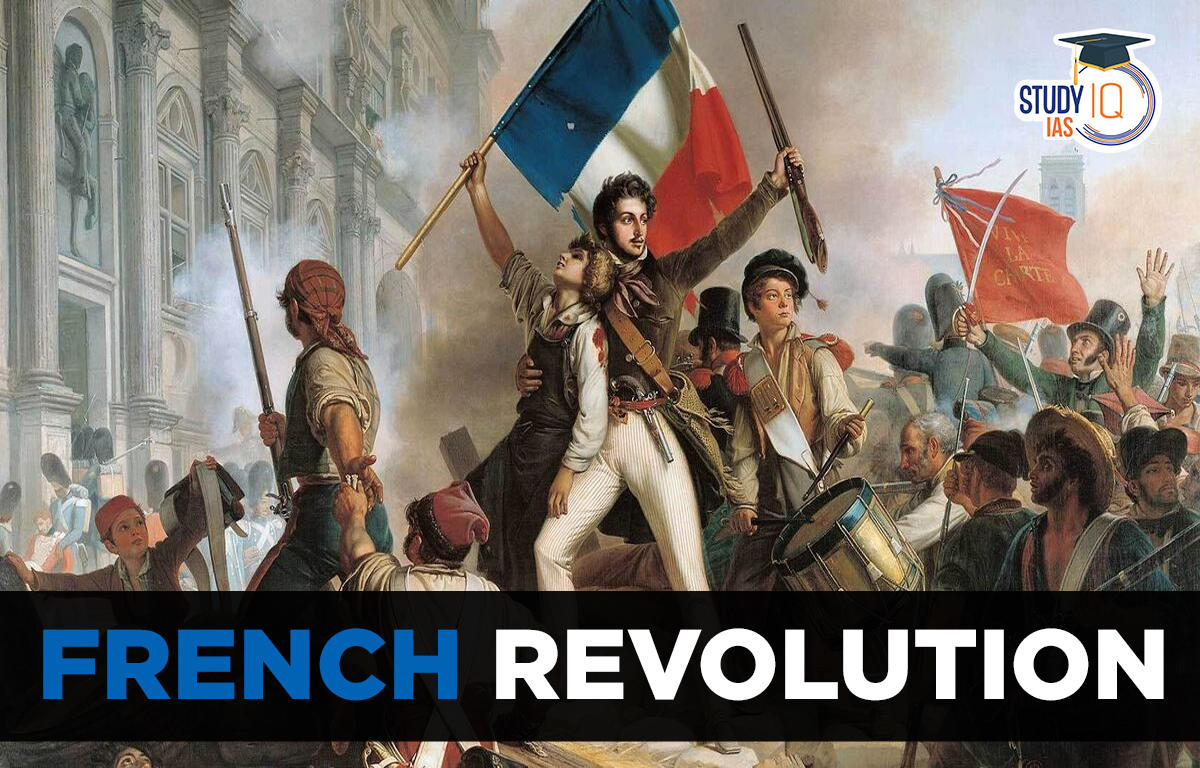The French Revolution, which began in 1789 and lasted until 1799, was a period of radical social and political upheaval in France. Several factors contributed to the outbreak of the revolution, and its origins can be traced to a combination of economic, social, and political issues.
Here are some key causes of the French Revolution:
-
Economic Inequality:
- Tax Burden: The French society was characterized by a rigid social structure that placed a heavy tax burden on the common people, especially the Third Estate (the commoners). The nobility and clergy enjoyed exemptions from many taxes, while the lower classes faced high taxes and economic hardships.
-
Social Injustice:
- Feudal System: The feudal system was still prevalent in France, with privileges and special rights granted to the nobility and clergy. This system created a stark divide between the privileged few and the impoverished masses.
- Bread Prices and Famine: Rising bread prices and food scarcity, exacerbated by poor harvests, led to widespread hunger and suffering among the lower classes. This economic hardship fueled discontent and resentment.
-
Enlightenment Ideas:
- The Enlightenment, a philosophical movement of the 18th century, promoted ideas of individual rights, reason, and equality. These ideas challenged the traditional authority of the monarchy and the aristocracy, inspiring intellectuals and ordinary people to demand political change.
-
Financial Crisis:
- France faced a severe financial crisis, partly due to the cost of wars, including the American Revolutionary War. Attempts to reform the tax system were met with resistance from the privileged classes, leading to a deadlock in decision-making and worsening the financial situation.
-
Political Corruption and Inefficiency:
- The monarchy, under King Louis XVI, was marred by corruption, inefficiency, and a lack of responsiveness to the needs of the people. The royal court's extravagant lifestyle and spending further fueled resentment among the population.
-
Social Unrest:
- Widespread social unrest and discontent simmered throughout the country. The Estates-General was convened in 1789 to address the financial crisis, but it eventually transformed into the National Assembly, representing the will of the people and signaling a challenge to traditional authority.
-
Influence of Revolutions Elsewhere:
- The success of revolutions, such as the American Revolution (1775-1783), inspired the French to seek similar political and social changes. The American Revolution demonstrated that it was possible to challenge and overthrow established authority.
The convergence of these factors created a volatile atmosphere in France, leading to the outbreak of the French Revolution. The revolution resulted in the overthrow of the monarchy, the rise of radical political ideologies, and significant societal transformations in France and beyond.
Thank you.

